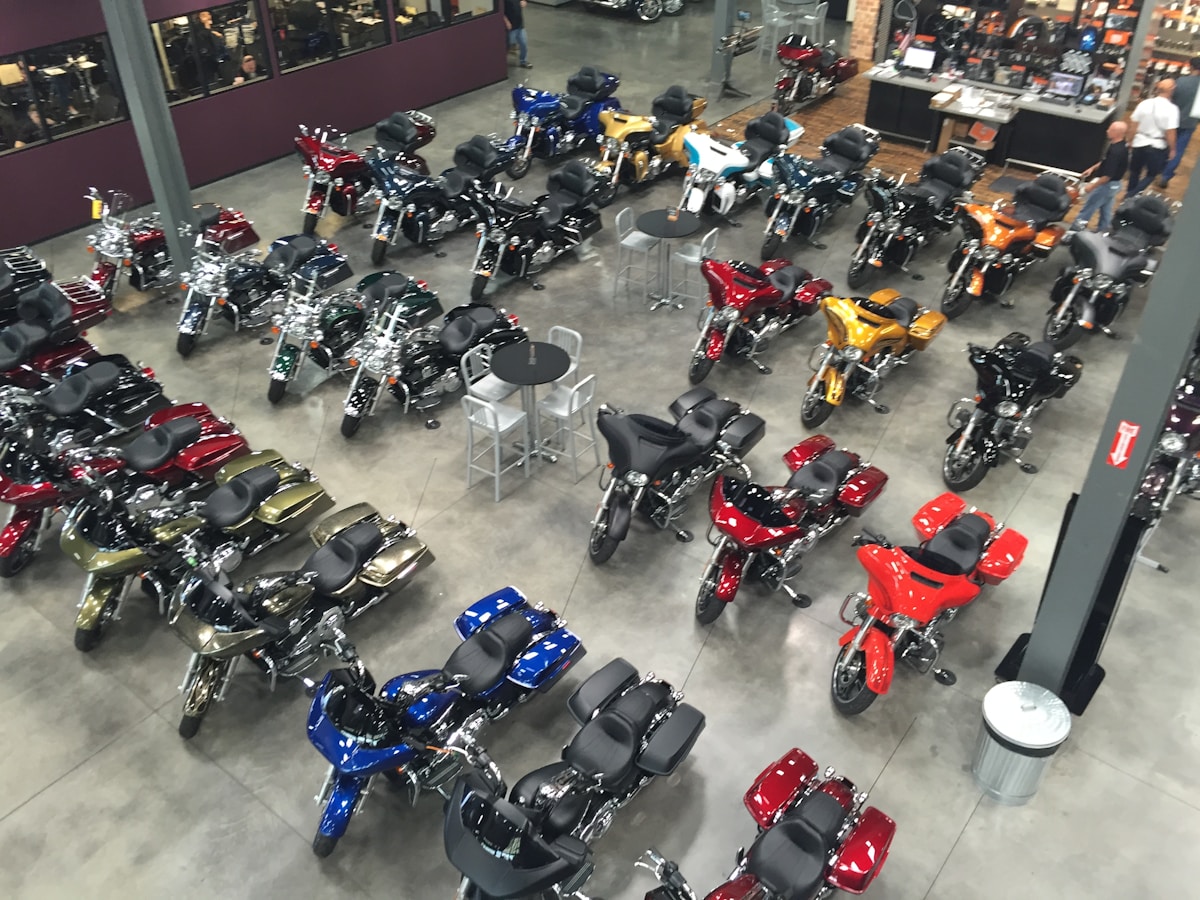Navigating the labyrinthine world of dealership fees can be a daunting task for motorcycle buyers. Motorcycle dealerships employ an array of charges, some overt and others concealed, which can contribute to the final price of your vehicle. As a buyer, it's important to understand these fees and question anything that isn't clear.
The Manufacturer's Suggested Retail Price (MSRP) is a good starting point. This price is set by manufacturers and is typically not the final price you pay at the dealership. While this may seem frustrating, it's essential to remember that dealers are working within a prescribed system.

So, what other fees might be tacked on?
- Documentation Fee (Doc Fee): This is an additional cost for the administrative work done during the financing process.
- Administration Fee (Admin Fee): If this is listed alongside a doc fee, seek clarification.
- Lender Fees: These are finance-related charges that can impact your loan rates.
- PPSA Fee: This is a minor annual fee to register a loan or lease agreement, usually passed onto the buyer.
- Freight / Delivery / Destination Fee: These cover the expenses of transporting the bike to the dealership.
- PDI (Pre-Delivery Inspection) Fee: This charge is for preparing the bike for sale.
- Set-up Fee: This is similar to PDI - ensure you're not charged for both.
- Tire Tax / Environmental / Recycling Fee (TRF): In Canada, this provincial fee is for the recycling of old tires.
- "Market Adjustment" Fee: This fee is used to adjust the price of brand-new units.
- "Etch" / Warranties / Protection Plans: No dealership can compel you to purchase a protection plan in Canada.
The documentation fee (or doc fee) is one that often raises questions. This cost ostensibly covers administrative tasks such as paperwork, registration, and legalities regarding motorcycle loans or powersports financing. The fees can vary widely, from a few hundred dollars to over a thousand.
In the face of economic pressures, recreational dealerships are turning to this fee model. As such, the lowest listed price may not necessarily be the best deal. For instance, a motorcycle might be listed at two different prices on competitors websites. The lower price may seem attractive, but hidden fees could significantly inflate the cost.
So, are documentation fees legal? For the most part, yes. However, many motorcycle and powersports dealerships are required to offer the unit at the advertised price plus tax, making it imperative for the buyer to know their rights.
Navigating doc fees involves understanding them upfront, negotiating where possible, and walking away when they seem unjust. Buyers should remain vigilant for fee scams such as "floating" doc fees, bad credit surcharges, double charging, and fees on trades. Always scrutinize your bill and ask questions if something doesn't seem right.
In conclusion, while documentation fees are likely a part of your new or used motorcycle purchase, understanding them and knowing your rights can lead to a smoother and more transparent buying experience.

